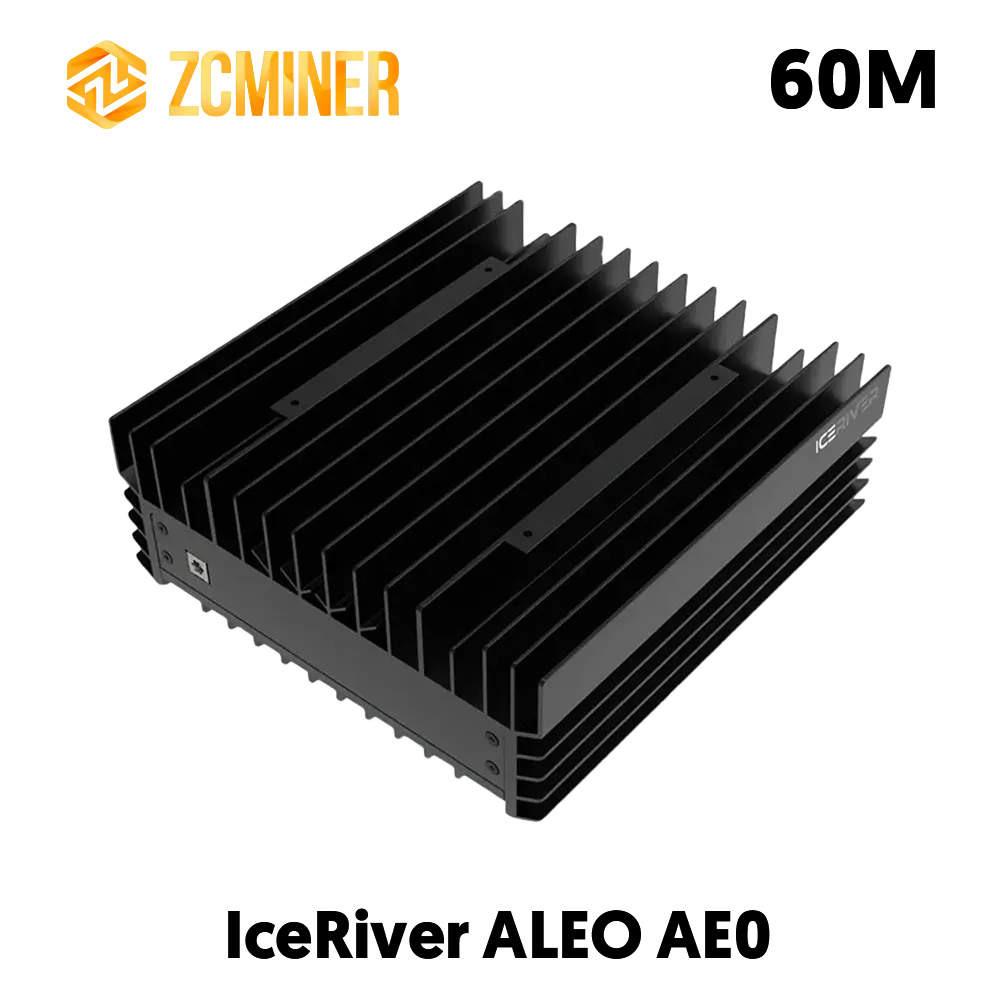According to a crypto tax executive, new IRS regulations would have been "disastrous" for cryptocurrency taxpayers during the bull market.
A requirement that would have forced cryptocurrency owners on centralized exchanges to use a less-than-ideal accounting technique has been temporarily lifted by the US Internal Revenue Service (IRS).
According to the original IRS order, the broker will report sales using the FIFO technique by default if investors holding crypto assets with a CeFi broker do not choose their preferred accounting method, such as HIFO (Highest In, First Out) or Spec ID.
In the United States, the default technique for calculating capital gains tax is called "First In, First Out," or FIFO. It increases a taxpayer's capital gains by presuming that the oldest coin purchased is sold first.
Shehan Chandrasekera, the head of tax at Cointracker, stated in an X post on December 31 that "you won't have to be locked into FIFO as before."
Chandrasekera cautioned that for many cryptocurrency taxpayers during a bull market, enforcing this regulation right away could have "been disastrous."
The output is:According to him, this is because investors may "unknowingly maximize their capital gains" by selling their first assets, which have the lowest cost basis, first.
The IRS is being sued by the Blockchain Association.
The announcement follows a lawsuit filed on Dec. 28 by the Texas Blockchain Council and the Blockchain Association against the IRS, claiming that the rules requiring brokers to report transactions involving digital assets and extending the requirements to include platforms such as decentralized exchanges (DEXs) are unconstitutional.
Brokers are required to provide information about taxpayers participating in transactions involving digital assets after the regulations go into force in 2027. The brokers' gross profits from the selling of cryptocurrency and other digital assets must also be reported.
"The one time that FIFO can be good is if your sale date is more than one year after the earliest crypto you bought, but less than one year after the latest crypto you bought," stated cryptocurrency analyst Mark Thomas in a post on January 1st, X.
According to Thomas, "FIFO in this case would mean long-term capital gains instead of short-term."
In order to allow brokers time to implement all accounting systems, the temporary reprieve is applicable to sales on centralized cryptocurrency exchanges through December 31, 2025.
From the above content, it can be seen that
IRS Temporary Relief on Crypto Tax Cost Basis Methods: My Thoughts
Recently, the IRS (Internal Revenue Service) announced a temporary relief measure to help taxpayers address the complexities of calculating the cost basis for cryptocurrency transactions. This move specifically targets the difficulties faced by many crypto investors when calculating their cost basis, a crucial aspect of tax reporting. The cost basis of a crypto asset refers to the original value of the asset, which is used to determine taxable gains or losses when it is sold or exchanged. In the rapidly changing world of cryptocurrency, accurately calculating this can be quite challenging.
1. Background of the Temporary Relief Measure
According to the IRS announcement, this temporary relief allows crypto investors to use a simplified method for calculating their cost basis. This method allows taxpayers to make certain assumptions for estimating their cost basis, thus reducing the need for precise calculations for every transaction. This temporary solution aims to ease the burden of crypto tax reporting, especially for investors who are dealing with a high frequency of trades in volatile markets.
The introduction of this policy is a direct response to the growing concerns in the market over the complexity of crypto tax compliance. Many individual investors entering the crypto space do not have the resources or expertise to navigate the traditional cost basis calculation methods, which can be time-consuming and prone to errors. This new relief measure acknowledges that reality and aims to provide a more manageable way for investors to meet their tax obligations.
2. Positive Implications of the Policy
This temporary relief is certainly a positive development for crypto investors. First, it reflects the government's awareness of the real-world challenges of crypto tax compliance. As cryptocurrencies move further into the mainstream, more and more retail investors are entering the market, many of whom may not have the tax knowledge or resources to properly calculate their tax liabilities. By offering this simplified method, the IRS is helping to reduce the burden on these taxpayers and make the process of filing taxes more approachable.
Additionally, this policy could lead to greater transparency and compliance in the cryptocurrency market. While simplifying the tax reporting process, it also provides a clearer framework for investors to follow, helping them better understand how to report their crypto-related transactions. Over time, increased compliance could contribute to a more regulated and stable crypto market.
3. Potential Risks and Limitations
However, despite the advantages, there are some potential risks and limitations to this relief measure. The simplified method is only a temporary solution, and it may not be suitable for all crypto investors. For those who engage in complex trading strategies or have numerous buy and sell transactions, the simplified method may not provide the accuracy required. In these cases, investors might still need to rely on more precise accounting methods, which could complicate their tax filings further.
Furthermore, from a long-term tax compliance perspective, this simplified approach could lead to some misunderstandings about cost basis calculations. While it might offer short-term relief, investors who rely too heavily on these simplified assumptions might face more complicated tax issues in the future, especially if their portfolios grow significantly or if they engage in large-scale transactions.
4. Future Outlook
While the current temporary relief is a helpful step, the IRS will need to continue assessing the effectiveness of this policy as the crypto market evolves. Transparency and clarity in tax reporting will be crucial in the coming years, especially as cryptocurrencies continue to gain popularity and become more integrated into the broader financial system.
Looking ahead, there may be more automated and transparent tax solutions that leverage advancements in blockchain technology to simplify tax reporting. These solutions could help investors track their transactions more accurately, reducing the complexity of tax filings. At the same time, the IRS will need to develop more standardized methods that apply to a broader range of crypto investors, ensuring that all taxpayers can comply with tax regulations more easily.
Conclusion
Overall, the IRS’s temporary relief measure for cryptocurrency investors is a positive step in addressing the challenges of crypto tax reporting. It provides much-needed assistance for taxpayers who may struggle with the complexities of cost basis calculations, making the tax filing process more manageable. However, it is essential that the IRS continues to refine and evolve its approach to crypto tax reporting to balance simplicity with accuracy. Investors should also remain vigilant, ensuring that they comply with tax laws while benefiting from these simplified reporting methods, to avoid potential legal issues in the future.













Leave a comment
This site is protected by hCaptcha and the hCaptcha Privacy Policy and Terms of Service apply.